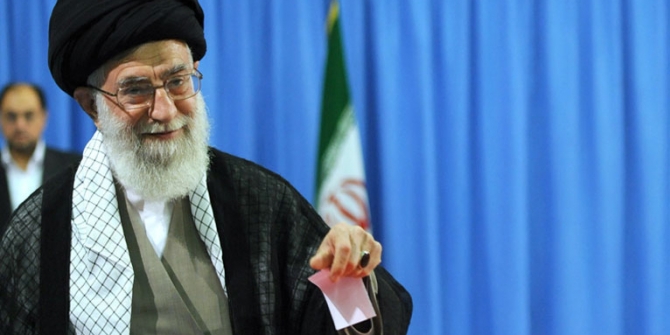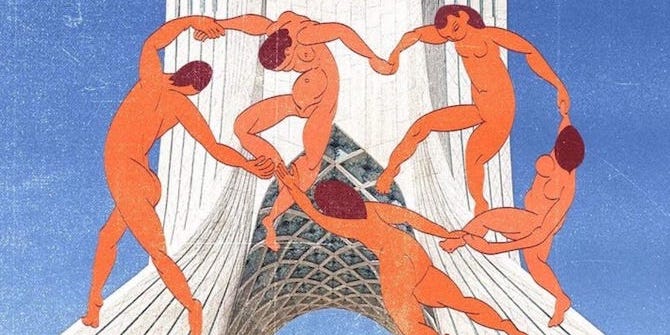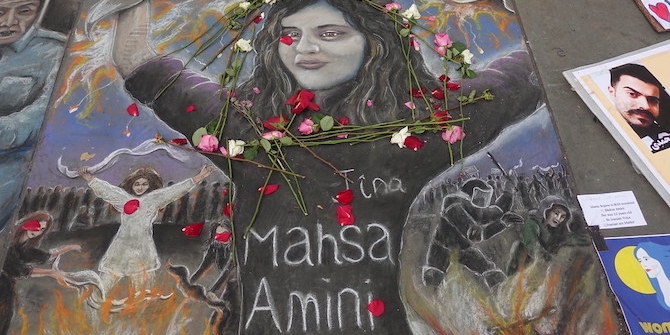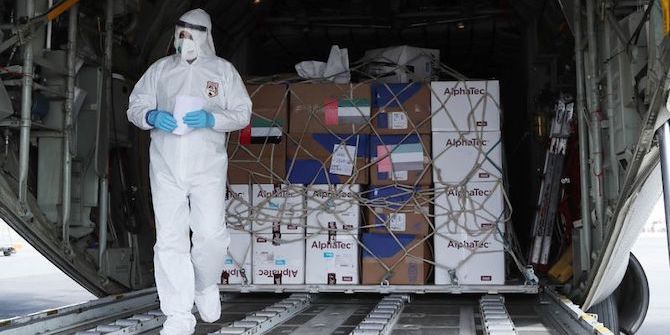by Pejman Abdolmohammadi

With the surprise election of Donald Trump, many are concerned about the future of the nuclear deal with Iran. But this new direction in the US will not only affect Iran’s foreign relations. The rise of conservative ideology in American politics will also have impact on internal balances of power in the Islamic Republic. It will strengthen conservative fronts, led by Supreme Leader Ayatollah Ali Khamenei and the Islamic Revolutionary Guard Corps (IRGC) and weaken pragmatists like President Rouhani, Minister of Foreign Affairs Zarif, and former President Rafsanjani. This will be seen on three different fronts:
Firstly, Trump’s presidency will dismantle the Western political and diplomatic network, guided by the USA, UK and EU states, which worked for years on the historic nuclear deal between Iran and the West, successfully implementing it in 2015. This deal is allowing Iran to slowly re-enter the global arena. With President Obama, John Kerry, Jack Straw, Federica Mogherini and others in the network declining in influence, Rouhani will lose key international support.
On the ideological front, an inward-looking Trump, famous for his anti-immigration stance and his attacks on Muslims, will make it all too easy for conservatives in Iran to revive Ayatollah Khomeini’s rhetoric of the ‘Great Satan’ [Sheitan-e Bozorg], an anti-American discourse that had been toned down in the past few years.
Geopolitically, if Trump opens up more diplomatic ties with Russia, Rouhani’s government would be further weakened. Russia is one of the main allies of the Islamic Republic and is particularly supportive of the Conservative front. A Russian deal with Trump would undermine Iranian Pragmatists and impede progress towards a more stable position in the region. It will strengthen both the Revolutionary Guards and the Office of the Supreme Leader.
The initial reactions of the elite of the Islamic Republic to the American presidential elections highlight the nervousness of Pragmatists and the satisfaction of Conservatives. The Supreme Leader, Ayatollah Khamenei, underlined in pre-electoral political discourse, albeit allusively, his support of Trump over Clinton. Moreover, several IRGC commanders were worried that Clinton would win. On the other hand, both President Rouhani and Foreign Minister Zarif expressed their concern regarding the outcome of the American elections, with Zarif hoping Washington would keep the deal, and Obama’s promises, alive.
The Iranian presidential elections will be held in May 2017, and will be the first milestone for evaluating the impact of the US election result on the internal politics of the Islamic Republic. Rouhani’s chance of being reelected may be reduced in the coming months, and, even if he does secure a second mandate, his power will be diminished. This move towards conservatism might even bring an IRGC figure into the presidential seat in 2021, if not 2017.

Pejman Abdolmohammadi is Visiting Fellow at the LSE Middle East Centre. He is also Lecturer of Political Science and Middle Eastern Studies at John Cabot University in Rome. His research and teaching activities focus on the politics and history of modern Iran, the intellectual history of Iran, geopolitics of the Persian Gulf, and international relations of the Middle East.







I am not quite sure if Iran’s hardliners will necessarily be the winner of US November election once President Trump is win a second term. In fact Iran’s hardliners have already posed for win regardless of outcome of US election. I think Iran-US relationship works independent of who sits in White House or in Pastor. Both countries need to reach a full deadlock and thus realize that something must be done. At the end of the day United States needs to realize that Iran is the only Middle Eastern country that will be with the US. Not Saudi Arabia,not Israel or Turkey .